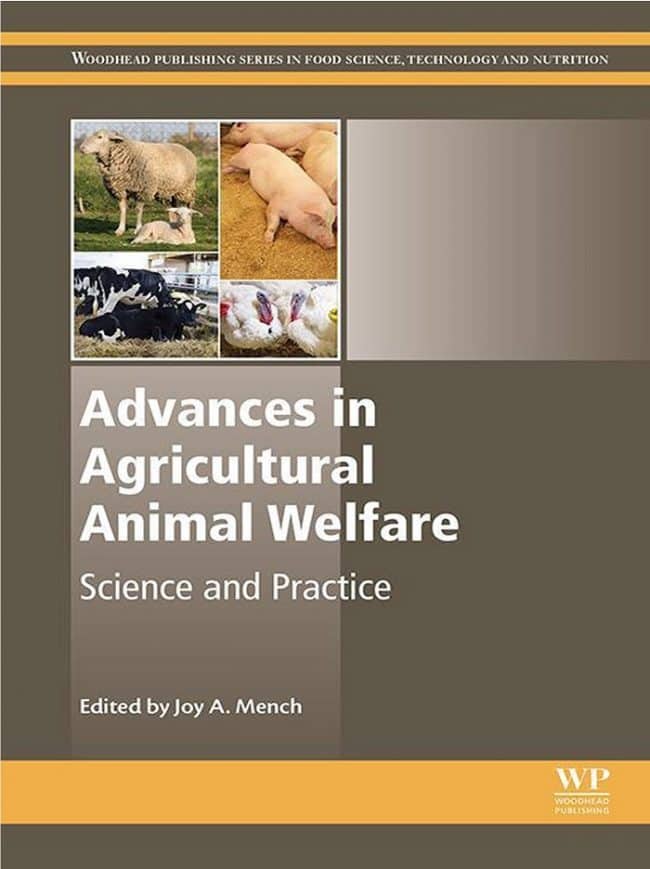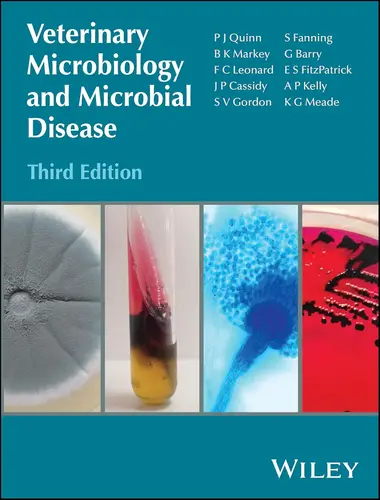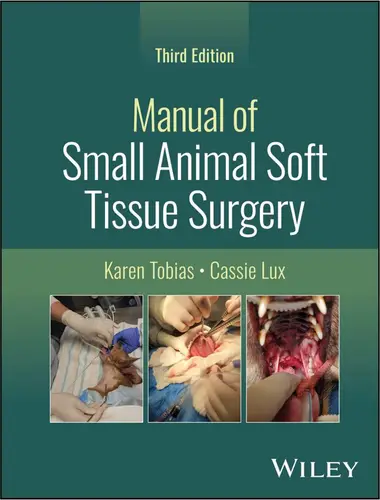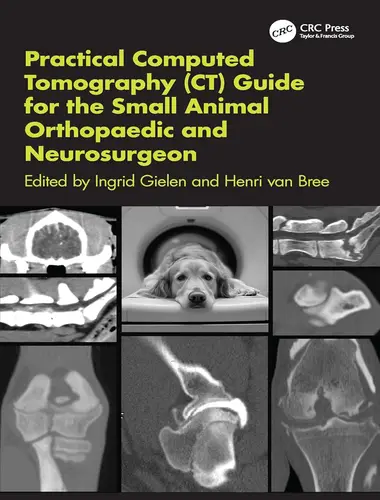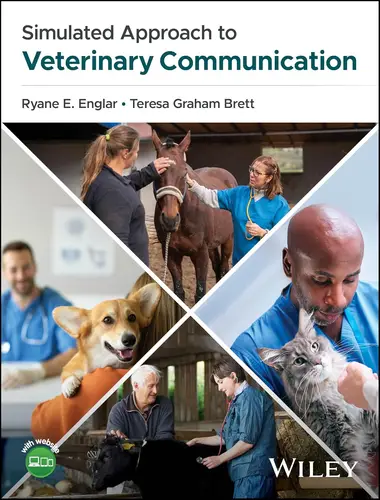Advances in Agricultural Animal Welfare 1st Edition PDF. Animal welfare began to emerge as a scientific discipline in the 1960s, and there is now a large body of published research addressing a range of fundamental and applied topics.
Advances in Agricultural Animal Welfare 1st Edition PDF
However, the field is currently in a stage of transition, with an increasing emphasis on translating the knowledge that has been gained into “real world” improvements. This is necessitating new and ever more sophisticated research approaches, including the collection of more complex data with an increasing focus on solutions, the development and use of new research methodologies and technologies, and the integration of information across different disciplines. It also requires enhancing communication and collaboration among diverse stakeholders, as well as developing science-based approaches for setting “best practice” standards and onsite welfare assessments to help ensure public confidence.
The five books in this series provide overviews of key scientific approaches to assessing and improving the welfare of farm animals and address how that science can be translated into practice. The books are not meant to provide a comprehensive overview, but instead focus on selected “hot topics” and emerging issues for cattle, pigs, poultry, and sheep (as well as the overarching issue of linking animal welfare science and practice).
Advances and challenges in these areas are presented in each book in the form of an integrated collection of focused review chapters written by top experts in the field. The emphasis is not just on discussing problems, but on identifying methods for mitigating those problems and the knowledge gaps that remain to be filled.
Although the topics reviewed in the cattle, pig, poultry, and sheep books are tailored to those most important for the particular species, all of the books include an overview of production systems and discussion of the most pressing animal welfare challenges and important advances associated with those systems from the perspectives of normal and abnormal behavior, animal health, and pain management.
Emphasis is placed on both management and genetic approaches to improving welfare, as well as on emerging scientific tools for investigating questions about the welfare of that species. As relevant, the books also include reviews on human–animal interactions and transport and/or slaughter.
Finally, practical tools for in situ (on the farm, during transport, or at the slaughter facility) assessment of welfare are presented. The reviews in the overview volume focus on animal welfare in the context of agricultural sustainability, and also address how science can be translated into practice taking into account ethical views, social developments, and the emergence of global standards.
Direct Link For Free Membership: –
| File Size: | 5.5 MB | |
| Download Link: | Click Here | |
| Password: | PDFLibrary.Net (if Required) | |

